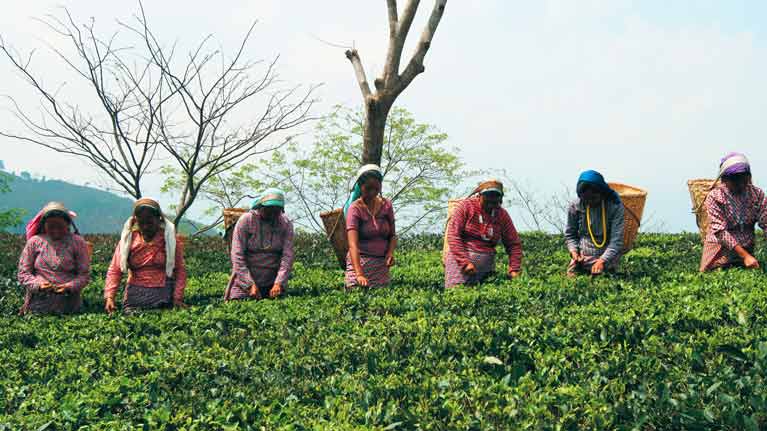The IUF has signed a ground-breaking agreement with Tesco, one of the world’s largest retailers. The agreement commits Tesco and the IUF to “work collaboratively to support workers to access effective representation.” Recognizing the growing participation of women workers in agriculture, it also focuses on “effectively reducing women’s vulnerability and increasing women’s voices and representation in the workplace.”
- Tesco is a British-based, multinational grocery and general merchandise retailer with shops in a dozen countries including the Czech Republic, Hungary, Republic of Ireland, and Slovakia
- Launching the Memorandum of Understanding, Giles Bolton, Tesco’s Responsible Sourcing Director, commented “The MoU with IUF is a shared recognition of the challenges faced by workers in global food supply chains, including workers exercising their rights to be in a trade union and to negotiate collectively”
- As agriculture is one of the three most dangerous industries, the agreement includes commitments to joint activities to promote safe workplaces; Tesco and the IUF will meet three times a year to review current and future activities with regular communications between meetings by identified contact persons
- While the agreement does not cover Tesco retail workers, Paddy Lillis, General Secretary of USDAW, the union representing Tesco workers in the UK, witnessed the signing of the agreement; USDAW is affiliated to the IUF with its membership in food processing
IUF General Secretary Sue Longley stated, “COVID-19 has highlighted the vulnerabilities of global supply chains and also the vulnerabilities of people working in those supply chains, especially women workers. This agreement gives us a great opportunity to begin addressing those vulnerabilities now. Trade union rights, a safe and healthy workplace, equality for all: these are fundamental to decent work and sustainable supply chains. We welcome the opportunity to work with Tesco to support workers’ rights globally and in particular to focus on women workers in global food supply chains.”
